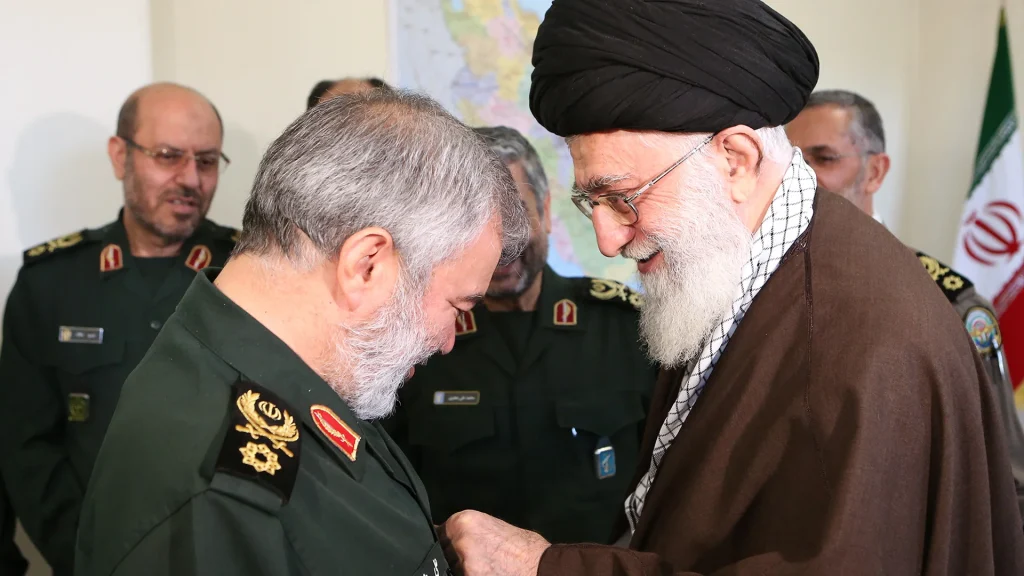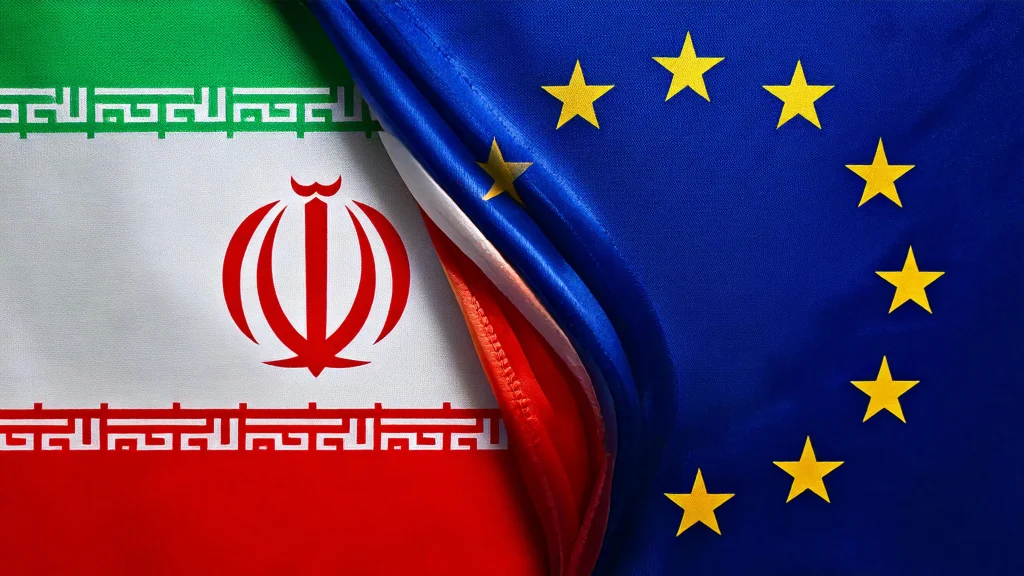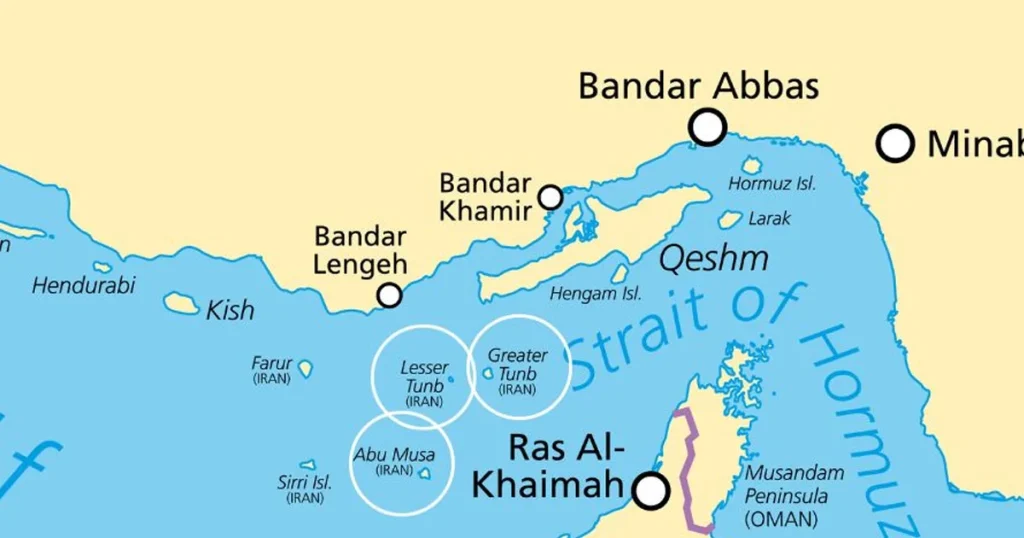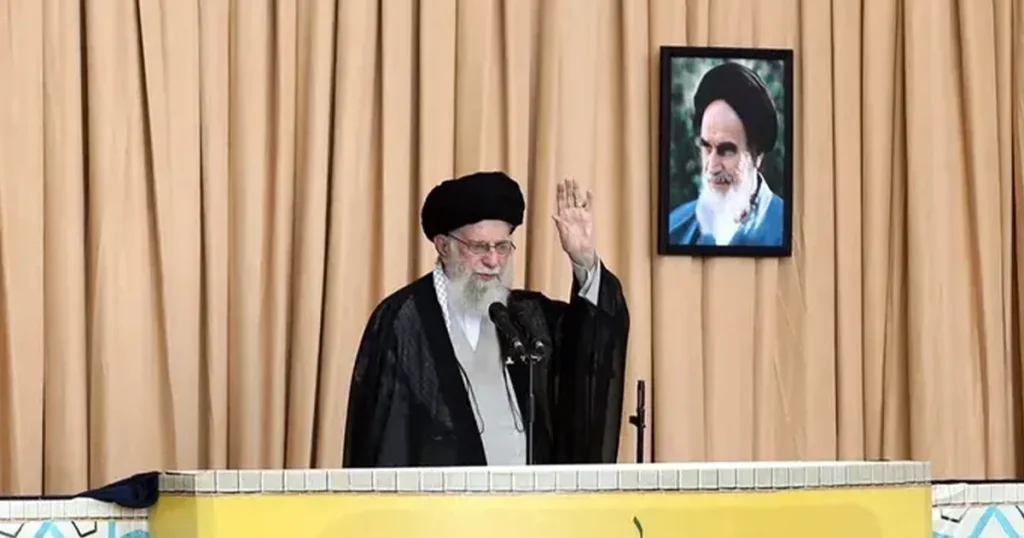The Islamic Revolutionary Guard Corps (IRGC) has long been a pivotal force in Iran’s political, military, and economic spheres. However, its role extends far beyond national borders, with substantial evidence linking the IRGC to terrorist activities globally. This blog post delves into the necessity and justification for designating the IRGC as a terrorist organization, based on a comprehensive report by the Hague Initiative for International Cooperation.
The IRGC’s Global Terror Agenda
The IRGC, established in 1979 following the Iranian Revolution, has evolved into a formidable entity within Iran, wielding significant influence over the country’s military, political, and economic sectors. However, its influence is not confined to Iran alone. The IRGC plays a central role in executing Iran’s foreign policy through terrorism, employing both direct actions and proxies to achieve its objectives.
Historical Context and Activities
Since its inception, the IRGC has been implicated in numerous terrorist activities worldwide. These activities include planning and executing assassinations, bombings, and supporting proxy terrorist organizations such as Hezbollah, Hamas, and Palestinian Islamic Jihad. The IRGC’s involvement in these acts poses a severe threat to global security and stability.
Evidence of IRGC’s Involvement in Terrorist Acts
The report outlines several criteria and legal conditions necessary for the inclusion of an entity on the EU terror list. The IRGC meets these criteria unequivocally:
- Direct Involvement in Terrorism: The IRGC has been directly involved in numerous terrorist acts, including assassinations, bombings, and providing military support to recognized terrorist groups. The Quds Force, a unit of the IRGC, has been particularly active in orchestrating terrorist activities outside Iran.
- Support for Proxy Groups: The IRGC has established and maintained extensive networks with proxy groups across the Middle East. These groups, such as Hezbollah and Hamas, receive substantial financial, military, and logistical support from the IRGC, enabling them to carry out terrorist operations.
- Targeting Dissidents and Foreign Nationals: The IRGC has a documented history of targeting dissidents, activists, and foreign nationals, particularly those who oppose the Iranian regime. This includes orchestrated attacks and assassination attempts on European soil.
Legal and International Justifications
The report emphasizes that the IRGC’s activities align with the definitions and criteria for terrorist acts as outlined in international law and the European Union’s legal framework. Specifically, the IRGC’s actions fulfill the criteria set forth in Common Position 2001/931/CFSP and UNSC Resolution 1373, both of which mandate measures to combat terrorism and prevent terrorist financing.
Recent Developments and Legal Precedents
Recent legal decisions and sanctions by countries like the United States and Canada further underscore the IRGC’s involvement in terrorism. For instance, the United States designated the IRGC as a Foreign Terrorist Organization (FTO) in 2019, citing its extensive terrorist activities and support for other terrorist entities. Similarly, Canada’s recent designation of the IRGC highlights the global recognition of the threat posed by this organization.
Implications of Designation
Designating the IRGC as a terrorist organization would have significant implications:
- Enhanced Security Measures: This designation would enable countries to implement stricter measures to curb the IRGC’s activities, including freezing assets, restricting movement, and enhancing intelligence-sharing mechanisms.
- Global Cooperation: It would facilitate greater international cooperation in combating terrorism, aligning with the global efforts mandated by UNSC Resolution 1373.
- Legal and Financial Ramifications: Such a designation would restrict the IRGC’s ability to finance and support its operations, significantly hampering its global terror network.
Conclusion
The IRGC’s involvement in terrorism is extensive and well-documented, posing a grave threat to international peace and security. The European Union and other international bodies have a legal and moral obligation to designate the IRGC as a terrorist organization. Such a move would not only enhance global security but also send a strong message against state-sponsored terrorism.
For further details, refer to the comprehensive report by the Hague Initiative for International Cooperation and stay informed about ongoing developments related to the IRGC and global terrorism.






